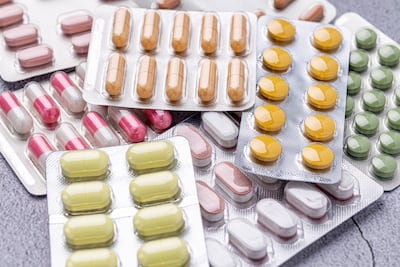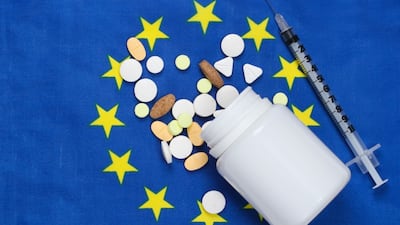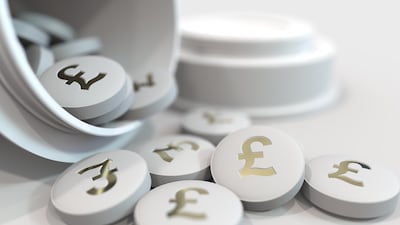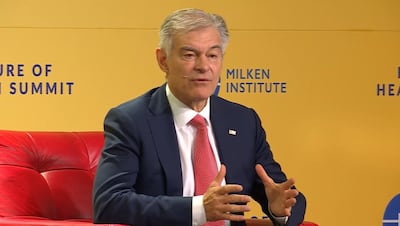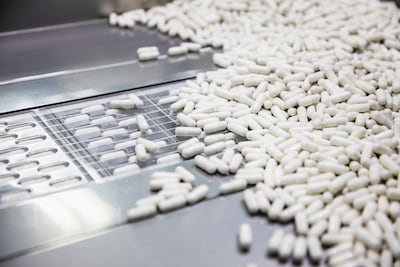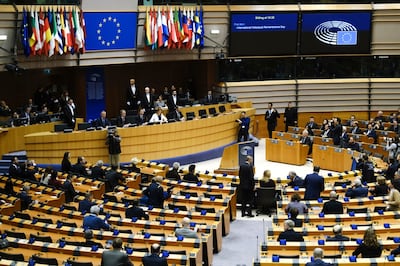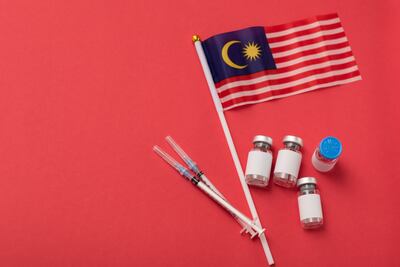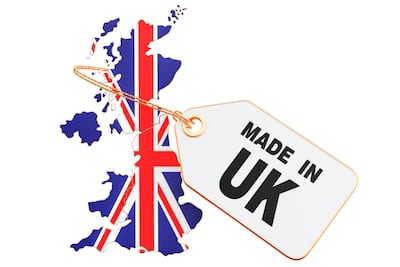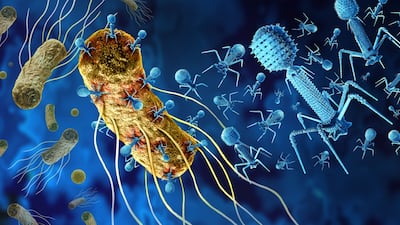Distribution/Supply Chain
Patients severely burned in a Swiss bar fire have been treated with a novel, life-saving antimicrobial containing sulbactam and durlobactam. But this drug has never been filed for approval in the EU, something that is “disappointing” according to the EMA’s Marco Cavaleri.
The European Parliament has adopted its position on the Critical Medicines Act, prompting industry representatives to highlight ongoing areas of concern in the proposal.
Changes to the procurement of critical medicines and their active ingredients are among the amendments the Council of the EU has made to the draft Critical Medicines Act.
The UK’s autumn budget failed to introduce any widespread changes for pharma, but scale-ups and innovators could benefit from changes to enterprise and investment schemes. Some industry voices warn of underinvestment in the MHRA and innovative medicines.
Association for Accessible Medicines CEO John Murphy told the Pink Sheet that the FDA may need to consider phasing in the requirements for the new ANDA priority voucher incentive program if it wants sponsors to apply in the near-term.
The Trump Administration’s efforts to encourage more US-based pharmaceutical manufacturing have largely centered on FDA plans and Trump’s threats of tariffs and Most Favored Nation pricing, but Oz hinted Medicare and Medicaid soon may soon announce new incentives.
Pharmaceutical manufacturers encouraged the FDA to consider including expansions and modifications of existing US drug facilities in the PreCheck program.
In a strongly-worded broadside against efforts to water down the EU’s Critical Medicines Act, the off-patent industry body Medicines for Europe has criticized the “selfishness” of certain actors who prioritize lower prices at the expense of supply security.
Actions taken by the European Commission and European Medicines Agency to tackle critical shortages of medicines have not succeeded in practice and further systemic improvements are required to address supply issues, a report from the European Court of Auditors has found.
Legal and other experts discuss the need to plug data privacy and regulatory gaps and address prescription shortcuts at e-pharmacies. Collaborative models with brick and mortar chemists were also proposed.
The European Parliament has suggested clear rules on the proportion of medicinal product manufacturing that must take place in the EU, EEA, or Switzerland for drugmakers to be favored under the Critical Medicines Act, which aims to drive investment in Europe.
The inclusion of investigational drugs in the Critical Medicines Act and new provisions on stockpiling are among the raft of amendments the European Parliament has made to the draft legislation.
Compliance deadline comes three months after manufacturers were required to start sending accurate, electronic product tracking data to distributors. The Healthcare Distribution Alliance said its members are ready and it does not anticipate major supply chain issues.
The Medicines Control Authority of Zimbabwe has begun phasing in mandatory package labeling requirements based on GS1 identification standards. It aims to improve the traceability of medicines throughout the entire supply chain.
New guidance from the National Pharmaceutical Regulatory Agency responds to the medicines shortages crisis that Malaysia experienced a few years ago.
A newly launched UK government inquiry is seeking to learn how viable it would be to bring back domestic control over the entire drug manufacturing pipeline.
Complaints about TPAs offer an explanation of why self-funded employers continue to use the big three PBMs despite concerns about those relationships. Proposed solutions include banning retaliatory fees and data withholding.
John Crowley discussed how he prioritizes industry’s many competing challenges in a Pink Sheet interview at the BIO International Convention.
EU authorities must “take advantage” of the upcoming Biotech Act to reassess the bloc’s policies and “offset existing challenges” for small and midsized enterprises, trade association EUCOPE has said.
Julian Beach, interim executive director of healthcare quality and access at the UK drug regulator, the MHRA, tells the Pink Sheet how the agency is responding to increased efforts to develop bacteriophage therapies.


